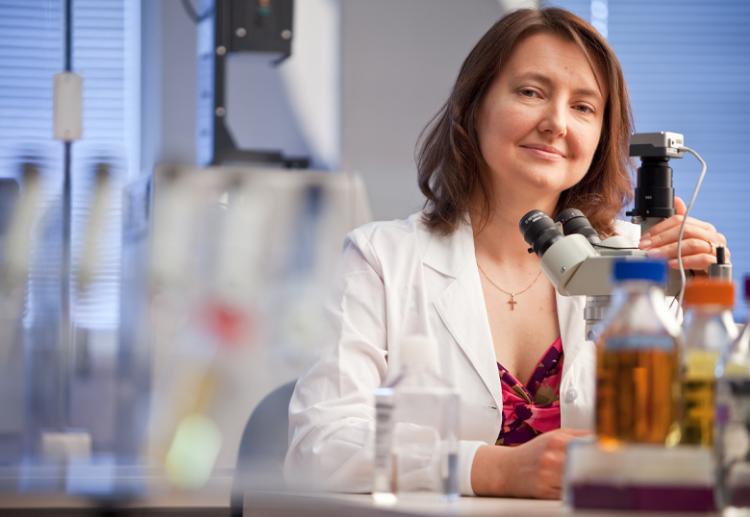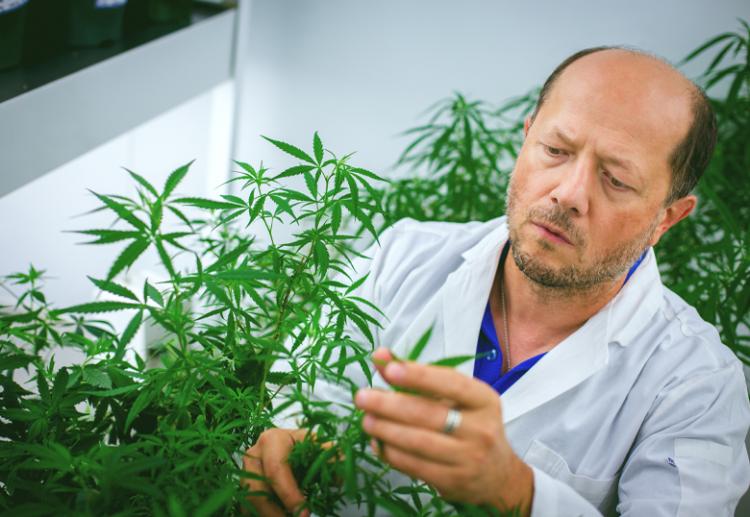After receiving international attention, two University of Lethbridge studies that explored the potential for certain cannabis extracts to be used as additional therapies to combat COVID-19 have undergone peer review and have now been published in Aging, a top, open-access, bio-medical journal.

The studies by Drs. Igor and Olga Kovalchuk, both U of L biology professors, were conducted in the early days of the COVID-19 pandemic. They investigated the ways specific Cannabis sativa extracts could be used as adjunct treatments for COVID-19. With the need to get relevant research out as quickly as possible to help combat the pandemic, their findings were originally released as preprints. The studies, In search of preventive strategies and Fighting the storm found that certain cannabis extracts, including those high in cannabidiol (CBD), help prevent the SARS-CoV-2 virus from entering cells and help ward off cytokine storms that can lead to acute respiratory distress syndrome. High-CBD cannabis extracts are not psychoactive.

"This is not a disease I would wish upon my worst enemy," says Olga. "It was brutal. We recovered, but it took quite some time. When the virus incubates, you don't know you're sick. When I decided to get tested, I wasn't feeling sick, but I wasn't feeling 100 per cent. That's why masks are important. I know it's a serious disease and therefore, everything and anything that can be used to bring inflammation down is crucial. COVID rolls over you like a truck."
The peer review process resulted in additional questions and suggestions, so some experiments were repeated and additional studies carried out. The original cytokine storm studies used human 3D skin models and the subsequent experiments used lung fibroblast cell cultures. Additional studies were also performed using 3D lung tissues.
"Peer review is extremely important," says Olga. "We reproduced our original findings and also proved the impacts of the extracts in the lung tissues. These subsequent studies further substantiated our original results."
The Kovalchuks also sought a partner to conduct clinical studies to test one of their C. sativa extracts in a mouthwash to see if it reduces the severity and duration of COVID. After news of their initial studies was released, they found a partner in United States-based Good Pharmaceutical Development Company.
"We are honoured to work with them and we're excited that they are interested in our work," she says. "The clinical study is ongoing, but nearing completion and we're really hopeful."
The Kovalchuks have continued to conduct additional experiments on the effects of high-CBD cannabis extracts on COVID and several papers on their results are in process. They see the potential for cannabis and hemp as a crop for farmers and for cannabis extracts, especially high-CBD cannabis, as additional therapies. They hope to get the ball rolling on clinical trials here in Canada, too.











